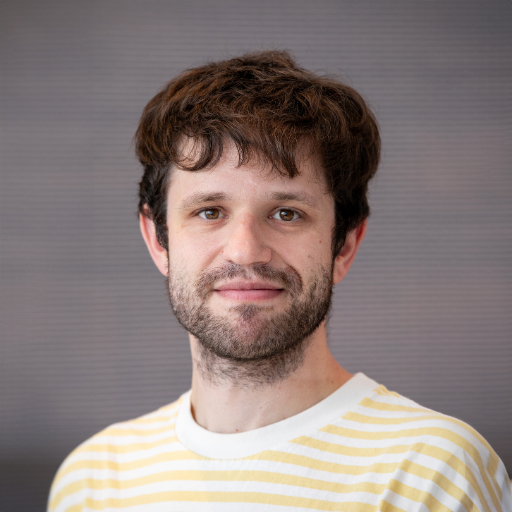Rescuing Memory Using Cell-Type Specific Reactivation of Memory Network Activity

About the Research Project
Program
Award Type
Standard
Award Amount
$300,000
Active Dates
July 01, 2019 - June 30, 2023
Grant ID
A2019380S
Goals
You remember where you put your car keys after work. And you remember how to drive to your work place, of course. These abilities rely on a type of memory called spatial memory. If you lose spatial memory, you will be in trouble when you look for your keys the next day or drive all over town looking for your work place. 60% of Alzheimer’s patients lose spatial memory and show wandering behavior.
In 2014, Drs. John O’Keefe, Edvard Moser and May-Britt Moser were awarded the Nobel Prize in Medicine for their discovery of the brain cells responsible for spatial memory, called “place cells” and “grid cells”. These cells are part of the brain’s memory circuit and are critical for spatial memory in healthy rodents and humans. However, it is still unclear what happens to these cells in AD patients. Are place cells and grid cells lost in Alzheimer’s? If so, is it possible to restore the spatial memory of AD patients by reactivating place cells and grid cells? We will use cutting-edge electrophysiological and circuit manipulation techniques to answer these questions in animal models of AD.
Summary
In the previous decades, AD research has been mainly focusing on identifying proteins and neuronal cells involved in pathogenesis. Brain network mechanisms that cause memory impairments in AD have not been well investigated. However, basic systems neuroscience has advanced dramatically since 2000. We will leverage this knowledge and technical improvements systems neuroscience to understand AD pathogenesis. We will identify which types of cells in the brain’s memory circuitry degrade in AD, and will identify why such deterioration of brain cells causes memory impairment. Our studies will significantly advance our understanding of the brain network mechanisms of memory impairment in AD, and will help identify target networks to prevent or slow the progression of disease. These studies are expected to help us develop effective procedures for brain stimulation as a powerful tool to preserve (or improve) memory function to slow the rate of memory decline in AD patients.
Related Grants
Alzheimer's Disease Research
Mechanisms of Inhibitory Neuron Vulnerability to Alzheimer’s Disease
Active Dates
July 01, 2024 - June 30, 2026

Principal Investigator
Emiliano Zamponi, PhD
Current Organization
Columbia University
Alzheimer's Disease Research
Targeting Brain Cell Miscommunication to Restore Memory in Alzheimer’s Disease
Active Dates
July 01, 2024 - June 30, 2027

Principal Investigator
Amira Latif-Hernandez, PhD
Current Organization
Stanford University
Alzheimer's Disease Research
Progranulin as a Potential Therapeutic Target for Alzheimer's Disease
Active Dates
July 01, 2024 - June 30, 2027

Principal Investigator
Andrew Nguyen, PhD
Current Organization
Saint Louis University



